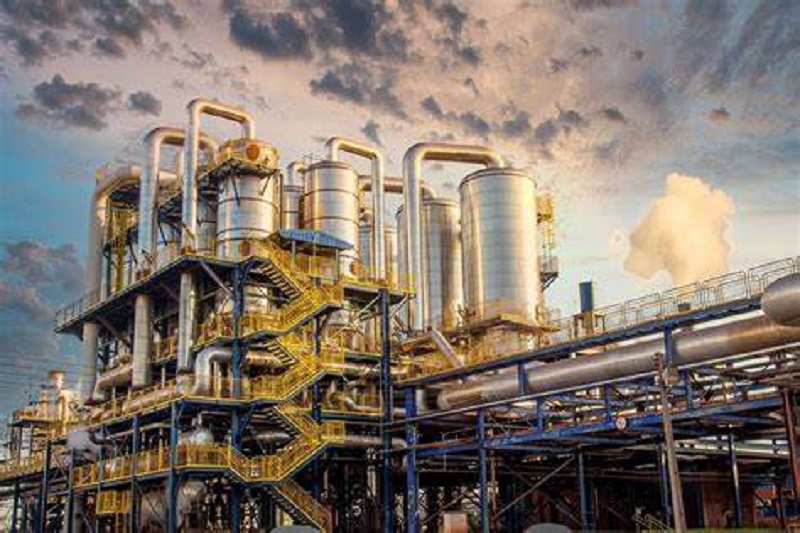The gulf region, having combined proven reserves of 497 billion barrels of crude oil, representing approximately 34% of the world’s estimated proven crude reserves, are making substantial investments in the refining sector.
The investments in the region’s downstream sector are primarily aimed at tackling increasing domestic demand and diversifying the economy away from crude to more specialised product exports.
At the same time, these refinery additions are changing global trade flows, with the region exporting more refined products, particularly to Europe.
The refining sector in the region has seen tremendous growth over the past few years, mainly driven by significant government investments during a period of high oil prices. Authorities have also prioritised the expansion of the downstream sector.
Here is the list of the top five downstream projects, currently undergoing in the region. The list is based on the information provided by DMS Global.
[Editor’s note: This list is not a ranking]
1. Al Zour New Refinery
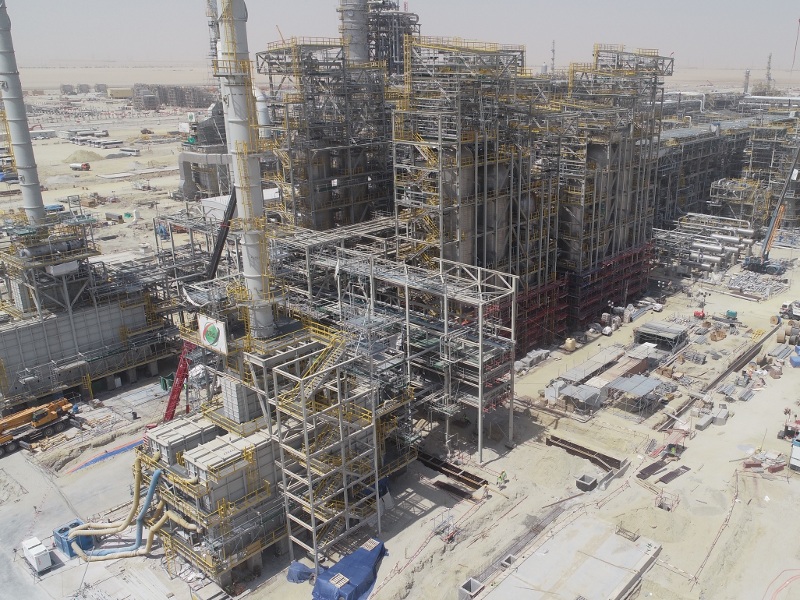
The $16 billion project is being undertaken by Kuwait Integrated Petroleum Industries Co (KIPIC), an affiliate of the state-owned Kuwait Petroleum Corp. The Al Zour refinery is designed to process heavy crudes and has three crude distillation units (CDU). Operations at the first CDU has stabilised and the second CDU is in the process of starting up.
The refinery is key to Kuwait’s hopes of meeting growing power demand. The 615,000 b/d facility, which is being developed with a budget of over $16 billion, will supply 225,000 b/d of low-sulphur fuel oil for power generation.
Once fully operational, the Al Zour refinery, which is among the largest single-phase refineries ever built, is also set to become the second-largest operating refinery in the GCC region.
2. Aramco’s Ras Tanura and Riyadh refineries
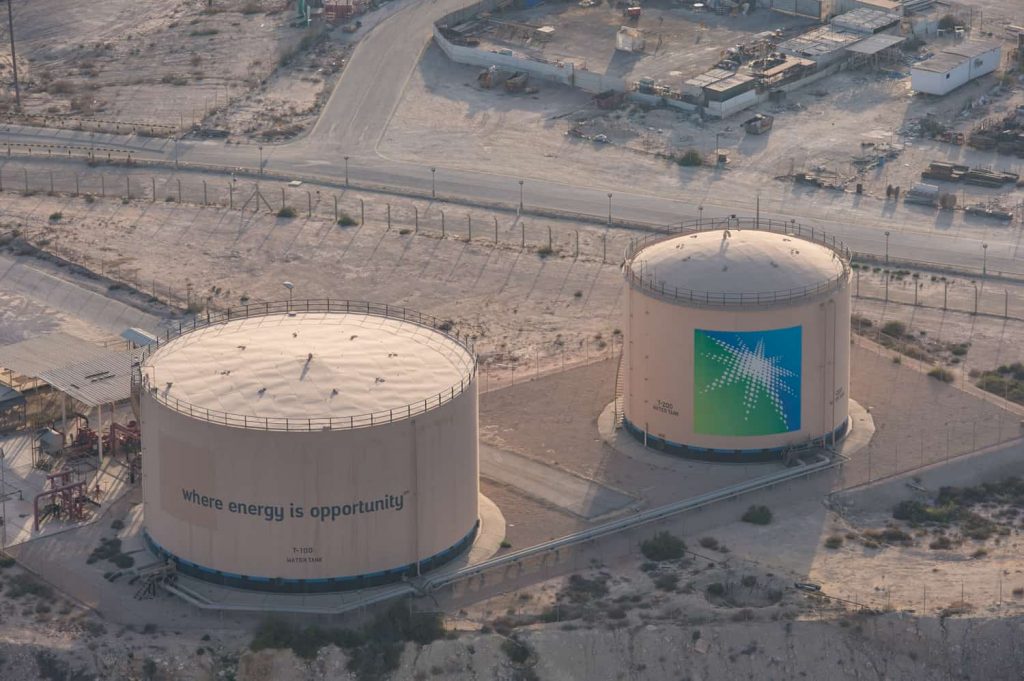
Saudi Arabia has invested in three 400,000 b/d, multi-billion dollar greenfield refineries over the last 10 years; Jazan refinery, wholly owned by Saudi Aramco, is ramping up operations and follows on from Jubail (SATORP), a JV with France’s TotalEnergies, and Yanbu (YASREF), a JV with Sinopec.
Brownfield investment also continues at pace in the Kingdom, with clean fuels projects underway at Ras Tanura and Riyadh refineries. Both projects aim to focus on improving fuel quality, as the country moves towards Euro-V specifications.
The majority of the products produced by the Ras Tanura refinery are supplied to the Dhahran bulk plant for domestic use, and the remaining are exported. The refinery began operations in September 1945 with an initial production capacity of over 60,000 b/d.
3. ADNOC’s Crude Flexibility Project
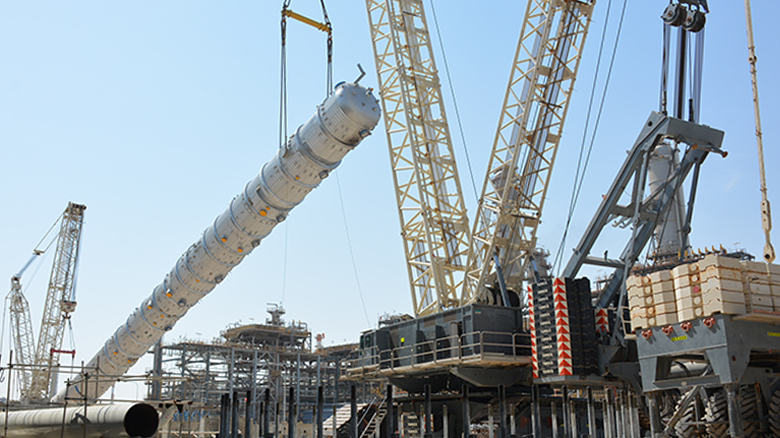
ADNOC’s $3.5 billion Crude Flexibility Project will significantly enhance the processing capabilities of ADNOC’s refinery in Ruwais. Throughout its history, ADNOC has predominantly refined Murban grade crude, extracted from its onshore fields in Abu Dhabi. Once complete, the Crude Flexibility Project will allow us to refine up to 420,000 b/d of heavier and sourer grades of crude. These will include Upper Zakum grade crude, extracted from Abu Dhabi’s offshore fields, as well as over 50 other varieties sourced from around the world.
The project will also add significant value to ADNOC’s operations. The added capability will allow the state-owned energy giant to take a more cost-effective and market-driven approach to selecting feedstock. It will also increase the volume of premium grade Murban crude available for export.
4. BAPCO Modernisation Program
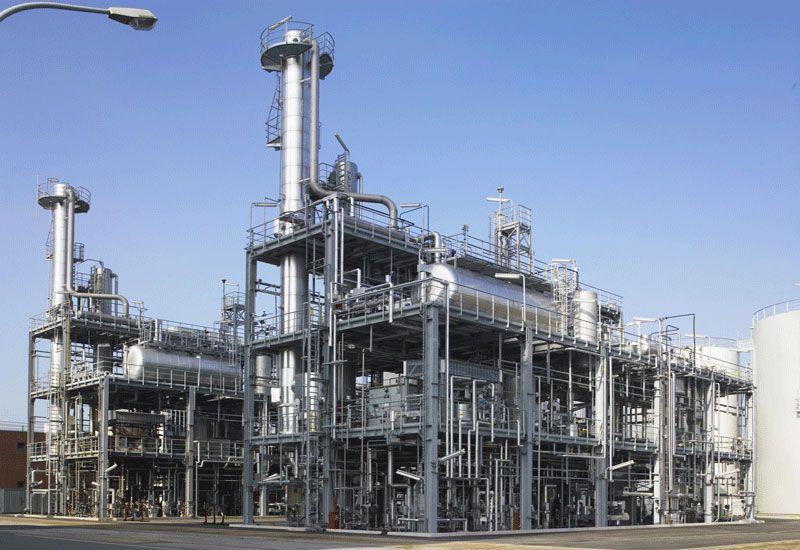
With an overall budget of $6 billion, the Bapco Modernization Programme (BMP) is poised to be one of the largest projects ever undertaken in the history of Bahrain, and for Bapco, this multi-billion dollar venture is the largest capital investment in its 90-year history.
The BMP vision is driven by meeting the challenges of the future and leaving a lasting legacy, while its success is expected to have a multiplier effect.
The project aims to boost the processing capacity of the country’s only oil refinery to 360,000 b/d from its current 267,000 b/d by updating aging facilities.
5. Duqm Refinery & Petrochemical Complex
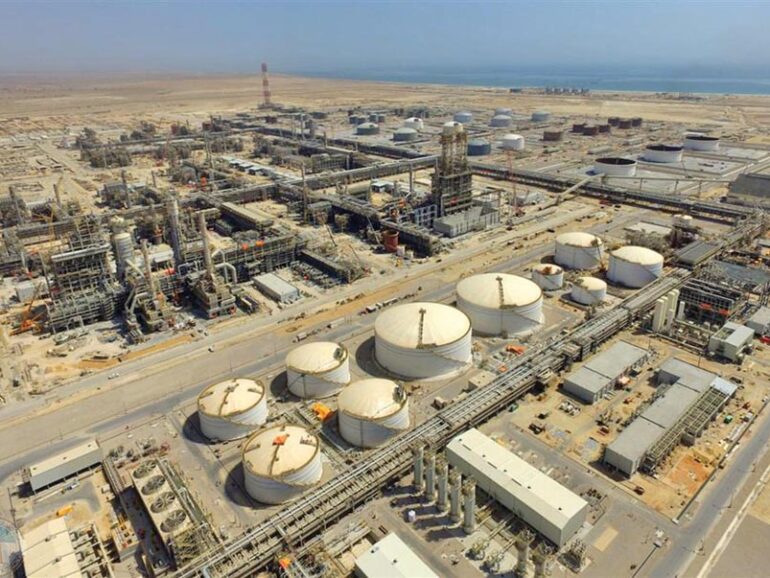
With a capacity of 230,000 b/d, the Duqm refinery has an overall budget of $6 billion, and is part of the government’s plans to develop the Duqm area, in which a port and associated facilities are being built.
Around 65% of the crude feedstock for the refinery will be imported from Kuwait, while the remaining 35% will be supplied by the sultanate. OQ8 is a joint venture between OQ and Kuwait Petroleum International (KPI).
Once the refinery is completed, it will have the capacity to process around 230,000 barrels of crude oil per day. Diesel, jet fuel, naphtha and LPG are to be its primary products. The refinery project comprises hydrocracking, hydro-treating and delayed coking units, along with sulphur recovery, hydrogen generation and merox treating units.



